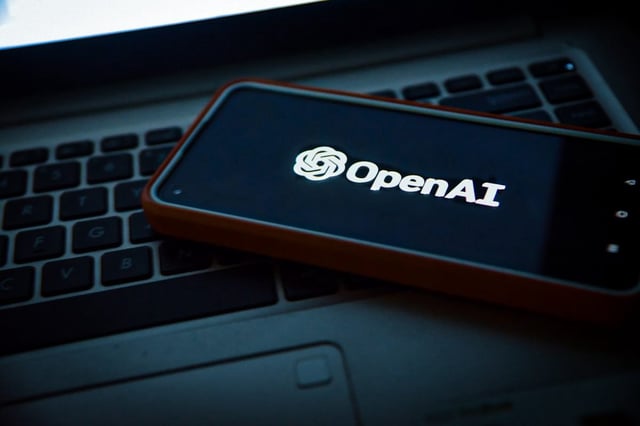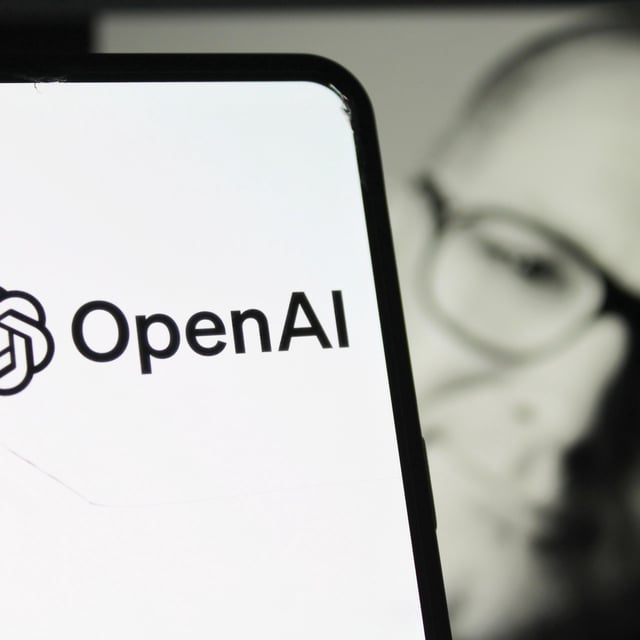Overview
- At OpenAI’s developer event, Sam Altman and Jony Ive said they are working on a family of devices and cautioned that new hardware form factors will take time, offering no launch date.
- Reporting from the Financial Times, echoed by multiple outlets, says technical and design hurdles could push the previously floated 2026 target later, with some coverage suggesting a slip into 2027.
- The concept under discussion is a palm-sized, screenless assistant that uses microphones, cameras and other sensors to stay always on, build memory, and respond by voice from a desk or on the go.
- Insiders cite a compute bottleneck and budget strain as major blockers, noting OpenAI lacks the large-scale capacity competitors use for Alexa and Google Home to power such a device at consumer scale.
- Teams are still defining the assistant’s personality and interaction rules while grappling with privacy concerns tied to continuous sensing and deciding when the device should speak or fall silent.



